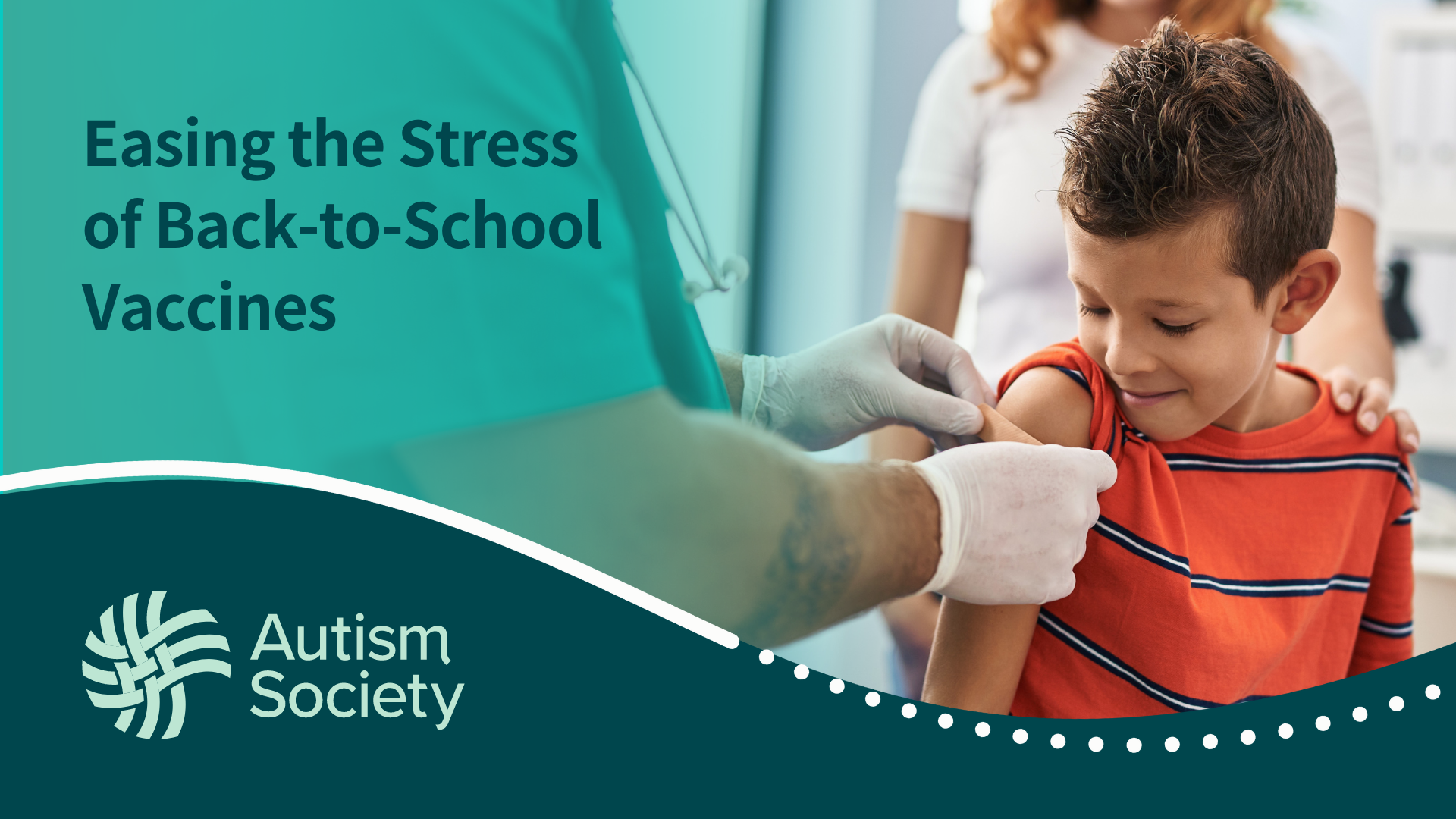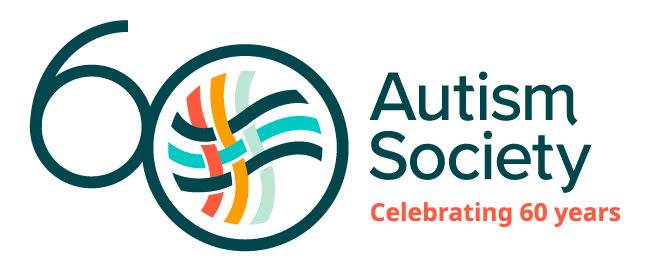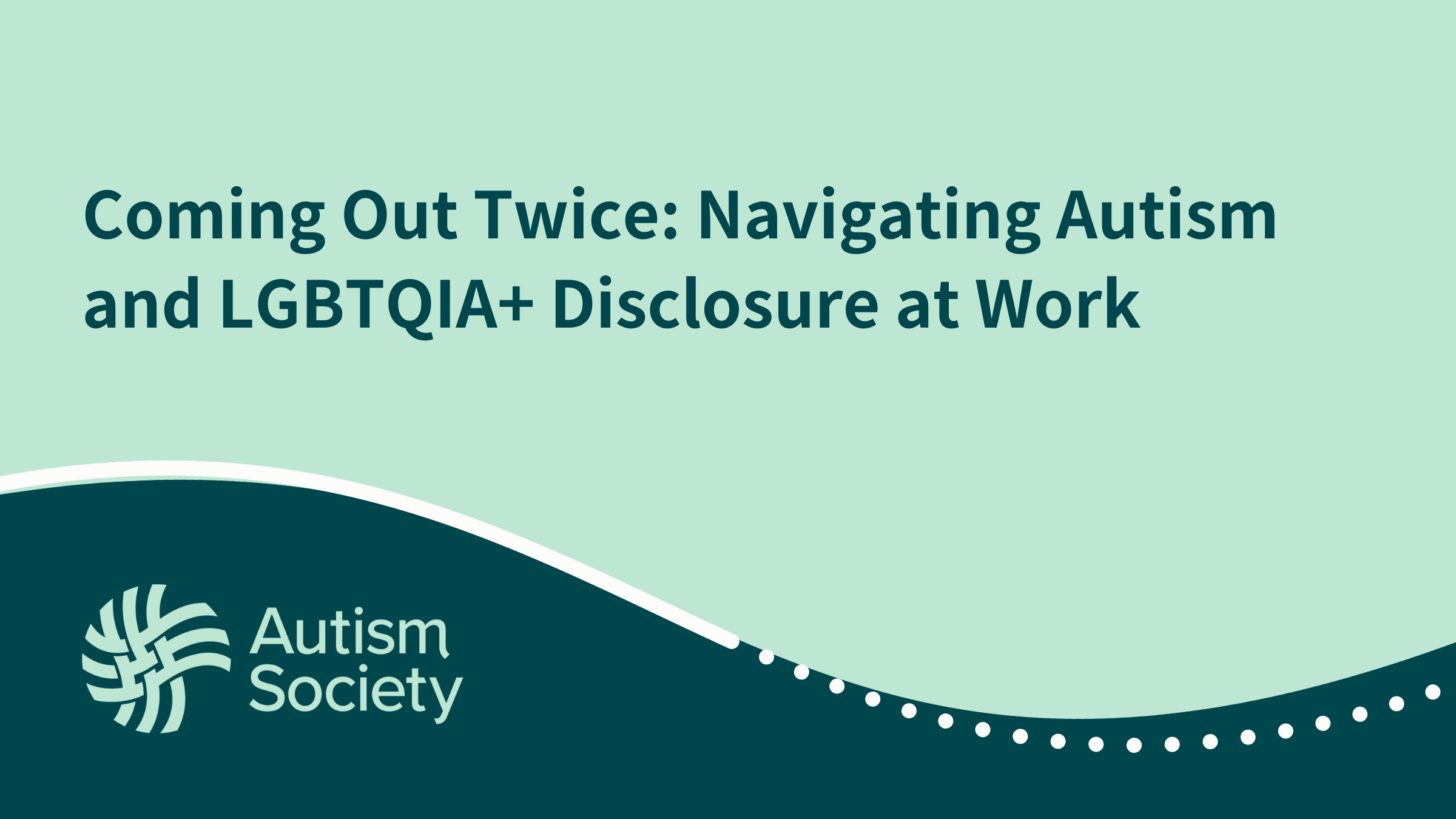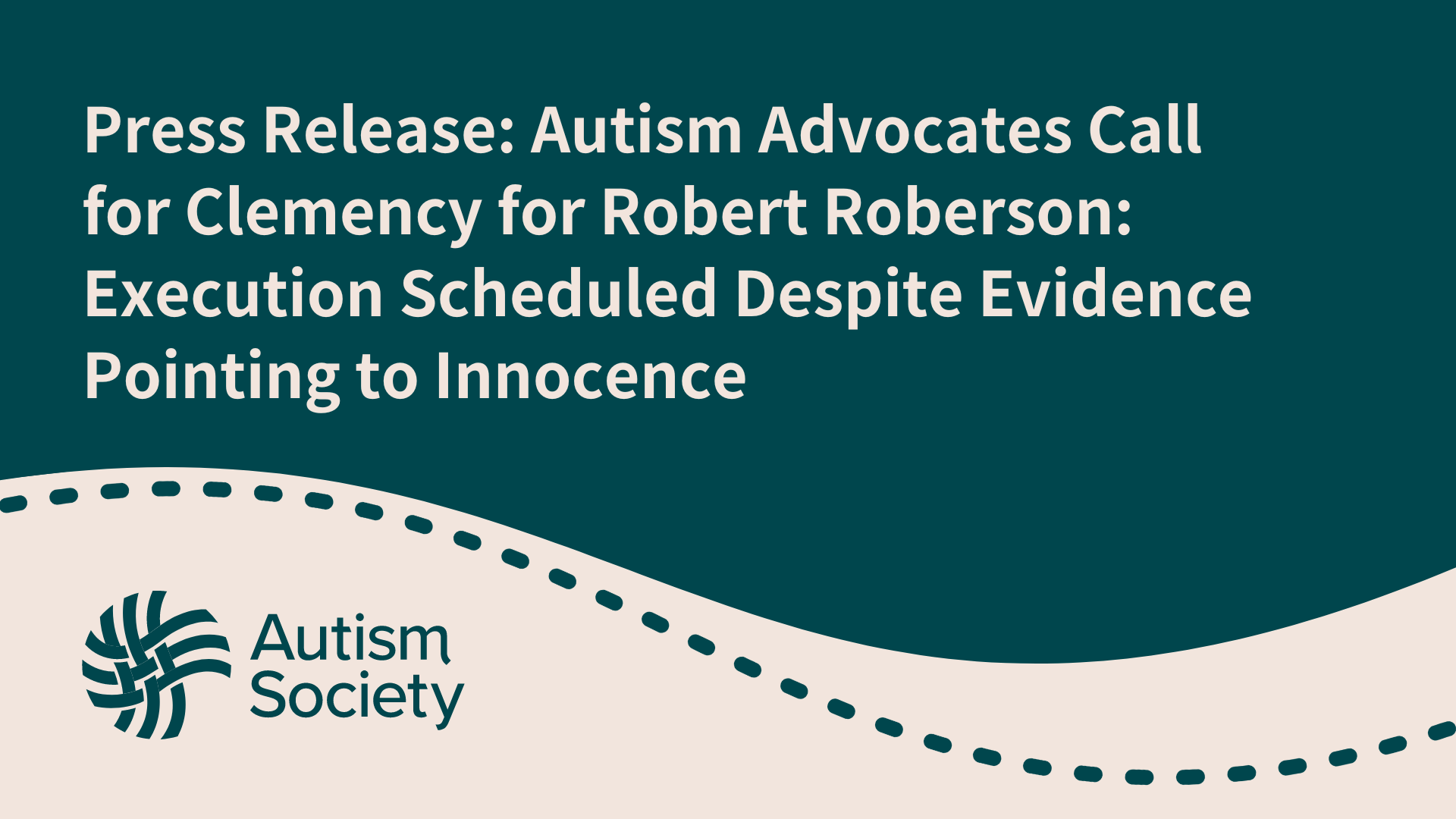
Easing the Stress of Back-to-School Vaccines
As the fall season begins, many families are preparing for the transition back to school. This might mean shopping for new school supplies, getting ready for new morning routines, signing up for new activities or sports, and scheduling annual physicals and vaccine appointments. For school-aged children, staying up to date with immunizations is particularly important because schools are environments where diseases can spread rapidly due to close contact among students.
Back-to-school vaccines can protect against serious diseases like measles, mumps, and whooping cough. New COVID and flu vaccines are coming this fall, and whether you get your vaccinations through your pediatrician, local pharmacy, school-based clinic, or health fair, the Autism Society is here to help you prepare for a more inclusive and accessible vaccine experience.
Pre-Visit Preparation:
Preparing for what to expect during the vaccination visit can significantly reduce anxiety. Consider downloading and reviewing a social story with your child ahead of their vaccine appointment. You can also use this visual schedule to prepare for an appointment or to check steps off during your appointment. These visual supports are evidenced-based practices that support individuals who benefit from foreshadowing, easy to follow steps, and visual cues.
Sensory Considerations:
Think about your child’s sensory needs and pack sensory items to bring to your appointment. Consider what sensory supports help them in other high-stress or high-sensory settings, or what types of sensory-regulating activities can be done before the appointment starts. Sensory fidgets, noise-reducing headphones, weighted tools, and sunglasses are a few examples of tools that have been helpful for some before, during or after vaccine appointments
Communication Support:
If your child is non-speaking or loses access to speech when stressed, consider printing and bringing this communication board to ensure access to communication during your vaccine appointment.
Understanding Needle Anxiety:
If your child is one of the 25% of people who experience needle phobia, this guide for caregivers can help. Tools like the Buzzy® or the Shotblocker® have helped ease fear of needles by reducing needle pain.
Scheduling:
Requesting appointment times in early morning or late afternoon can sometimes help reduce waiting times and the stress of crowded waiting rooms. If possible, request a longer appointment time to ensure your appointment isn’t rushed and you have time to ask questions or express concerns.
Trained Staff:
The Autism Society provides training and resources to healthcare providers to help them better understand to support the unique needs of patients with Autism and other disabilities. If you know a provider who might be interested in being trained, please pass on our information and have them contact us at vei@AutismSociety.org.
To learn more about the Autism Society’s Vaccine Education Initiative and view all resources, please visit AutismSociety.org/vei.
Share:






